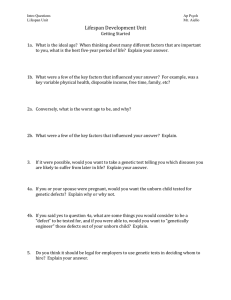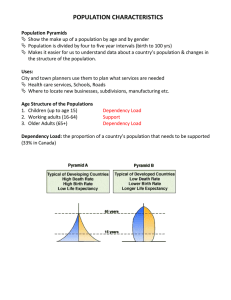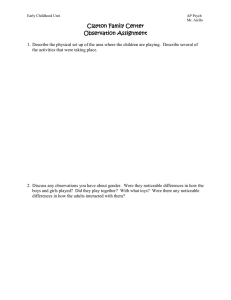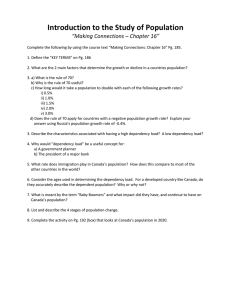Lawmakers Simulation
advertisement
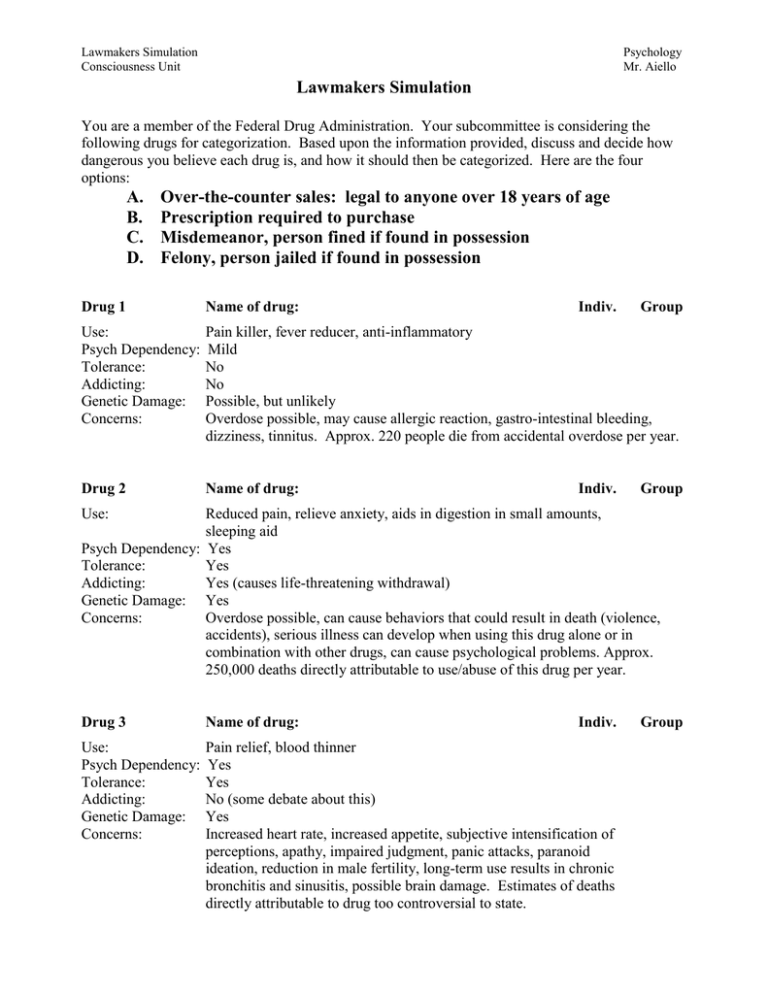
Lawmakers Simulation Consciousness Unit Psychology Mr. Aiello Lawmakers Simulation You are a member of the Federal Drug Administration. Your subcommittee is considering the following drugs for categorization. Based upon the information provided, discuss and decide how dangerous you believe each drug is, and how it should then be categorized. Here are the four options: A. B. C. D. Over-the-counter sales: legal to anyone over 18 years of age Prescription required to purchase Misdemeanor, person fined if found in possession Felony, person jailed if found in possession Drug 1 Name of drug: Indiv. Use: Psych Dependency: Tolerance: Addicting: Genetic Damage: Concerns: Pain killer, fever reducer, anti-inflammatory Mild No No Possible, but unlikely Overdose possible, may cause allergic reaction, gastro-intestinal bleeding, dizziness, tinnitus. Approx. 220 people die from accidental overdose per year. Drug 2 Name of drug: Indiv. Group Group Use: Reduced pain, relieve anxiety, aids in digestion in small amounts, sleeping aid Psych Dependency: Yes Tolerance: Yes Addicting: Yes (causes life-threatening withdrawal) Genetic Damage: Yes Concerns: Overdose possible, can cause behaviors that could result in death (violence, accidents), serious illness can develop when using this drug alone or in combination with other drugs, can cause psychological problems. Approx. 250,000 deaths directly attributable to use/abuse of this drug per year. Drug 3 Name of drug: Indiv. Use: Psych Dependency: Tolerance: Addicting: Genetic Damage: Concerns: Pain relief, blood thinner Yes Yes No (some debate about this) Yes Increased heart rate, increased appetite, subjective intensification of perceptions, apathy, impaired judgment, panic attacks, paranoid ideation, reduction in male fertility, long-term use results in chronic bronchitis and sinusitis, possible brain damage. Estimates of deaths directly attributable to drug too controversial to state. Group Lawmakers Simulation Consciousness Unit Psychology Mr. Aiello Drug 4 Name of drug: Use: Psych Dependency: Tolerance: Addicting: Genetic Damage: Concerns: Acts as a stimulant, reduces anxiety, appetite suppressant Yes Yes Yes Possible Beginning use causes nausea, bronchitis and sinusitis. Continued use causes many illnesses which contribute to 450,000 deaths per year (heart disease, respiratory illnesses, cancers). Drug 5 Name of drug: Use: Psych Dependency: Tolerance: Addicting: Genetic Damage: Concerns: Anesthetic, pain killer, stimulant Yes Yes Yes Possible Small amounts can cause heart failure, produces seizures, heart palpitation, angina, strokes, arrhythmia, heart attacks, hyperthermia, visual problems, perforated septum, malnutrition, depression, impotency, and kidney damage. Number of deaths per year unknown. Drug 6 Use: Psych Dependency: Tolerance: Addicting: Genetic Damage: Concerns: Drug 7 Use: Psych Dependency: Tolerance: Addicting: Genetic Damage: Concerns: Name of drug: Indiv. Indiv. Indiv. Group Group Group Dermatologic antiacne agent No No No Yes Eye irritation, dry nose and mouth, nausea, increased liver enzymes, blood in urine, low red blood cell count, joint pain, hair loss, photosensitivity, if used during pregnancy may cause severe fetal deformities. No deaths directly attributable to use of this drug. Name of drug: Indiv. Group Nicotinic Acetylcholine Receptor Agonist No No No Possibly Depression, suicidal ideation, suicide attempt, and completed suicide reported, neuropsychiatric symptoms, including changes in behavior, hostility, agitation, depressed mood, and suicide-related events. Hypersensitivity reactions, including angioedema, and rare but serious skin reactions (eg, Stevens-Johnson syndrome, erythema multiforme) reported, headaches, insomnia, somnolence, abnormal dreams, flatulence, constipation, dysgeusia, fatigue, upper respiratory tract disorder, abdominal pain, dry mouth, dyspepsia, increased appetite.

